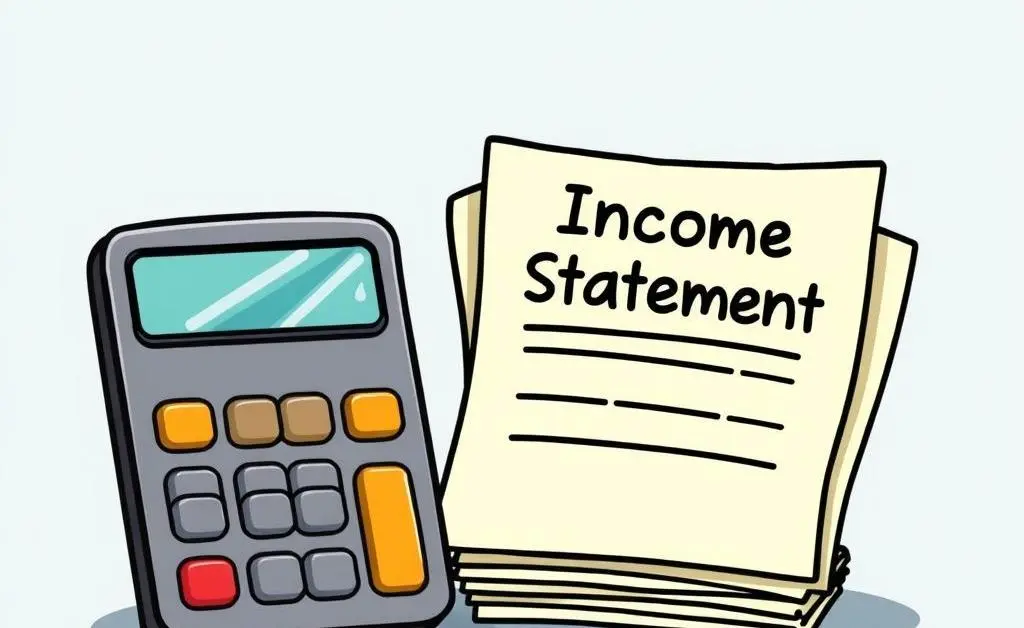Navigating Loan Applications: Understanding and Stating Your Monthly Income
Discover how to accurately state your monthly income when applying for a loan.

Picture this: You’re sitting at your kitchen table, a warm mug of tea in hand, staring at a pile of paperwork needed for your loan application. It feels like you’re about to play a game without ever reading the rules. You’re in good company, though. Many find themselves at the crossroads of financial paperwork, specifically the conundrum of stating monthly income—something that can feel as elusive as the winning lottery numbers.
Why Accurate Income Reporting Matters
At the heart of this process is the truth that loan lenders rely heavily on income statements. They help assess your ability to repay, influencing not just approval odds but the kind of terms you might receive. Getting it right doesn’t just help with honesty but could unlock better loan rates, contributing to long-term peace of mind.

Deciphering What 'Monthly Income' Means
First things first—what actually constitutes your monthly income? Imagine this being like assembling a puzzle. You start with your net salary, then consider other pieces like part-time earnings, freelance gigs, or even regular alimony payments. Every piece connects to give a fuller picture of your financial landscape.
It’s crucial to distinguish between net and gross income here. While loans often ask for gross income figures, understanding your net income helps you realistically match payments to your budget without hiccups down the road.

Ensuring Accuracy in Your Application
Once past the income hurdle, it’s time to prioritize accuracy. This means double-checking bank statements, pay stubs, and doing a quick financial review. Remember, too, that consistency across documents is key. A mismatch might look minor but can raise flags during the approval process.
Softening the Process: Tips for a Smoother Experience
- Budget Rehearsals: Practice scenarios where you account for fluctuations in income, especially relevant for freelancers or those with variable earnings.
- Lean on Resources: Whether it’s a financial advisor or reliable online tools, don’t shy away from seeking a guiding hand.
- Open Conversations: Be honest and clear in discussions with your lender—they can offer insights or flexibility more often than expected.

So next time you find yourself perched on the edge of this financial journey, take a deep breath, hug your favorite cozy blanket, and remember—you’ve got the tools and tips to make this process less about fear and more about financial empowerment. After all, the ultimate goal here isn’t just the loan, but the serene steps toward your broader life aspirations.




